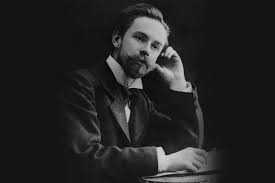
Alexander Scriabin – Biography and Life
Alexander Scriabin was a Russian composer and pianist whose innovative and visionary works left an indelible mark on the landscape of classical music. Born on[…]
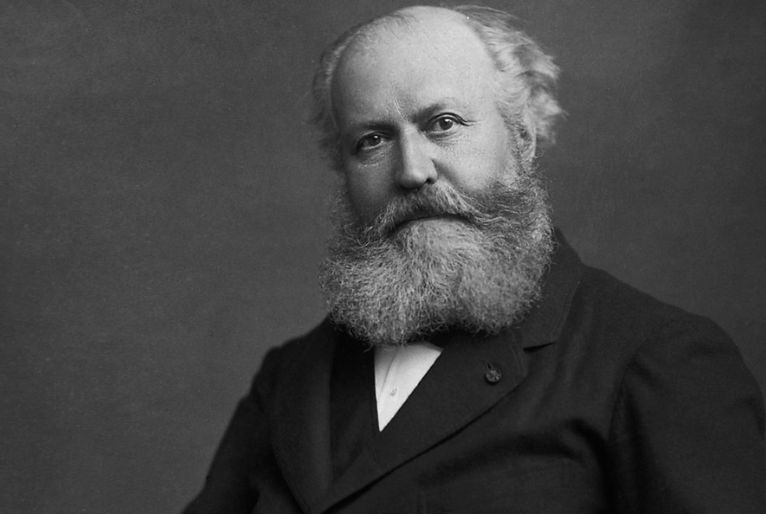
Charles Gounod – Biography and Life
Charles-François Gounod, the celebrated French composer, was born on June 17, 1818, in Paris, France. His life’s melody wove through the Romantic era, leaving an[…]
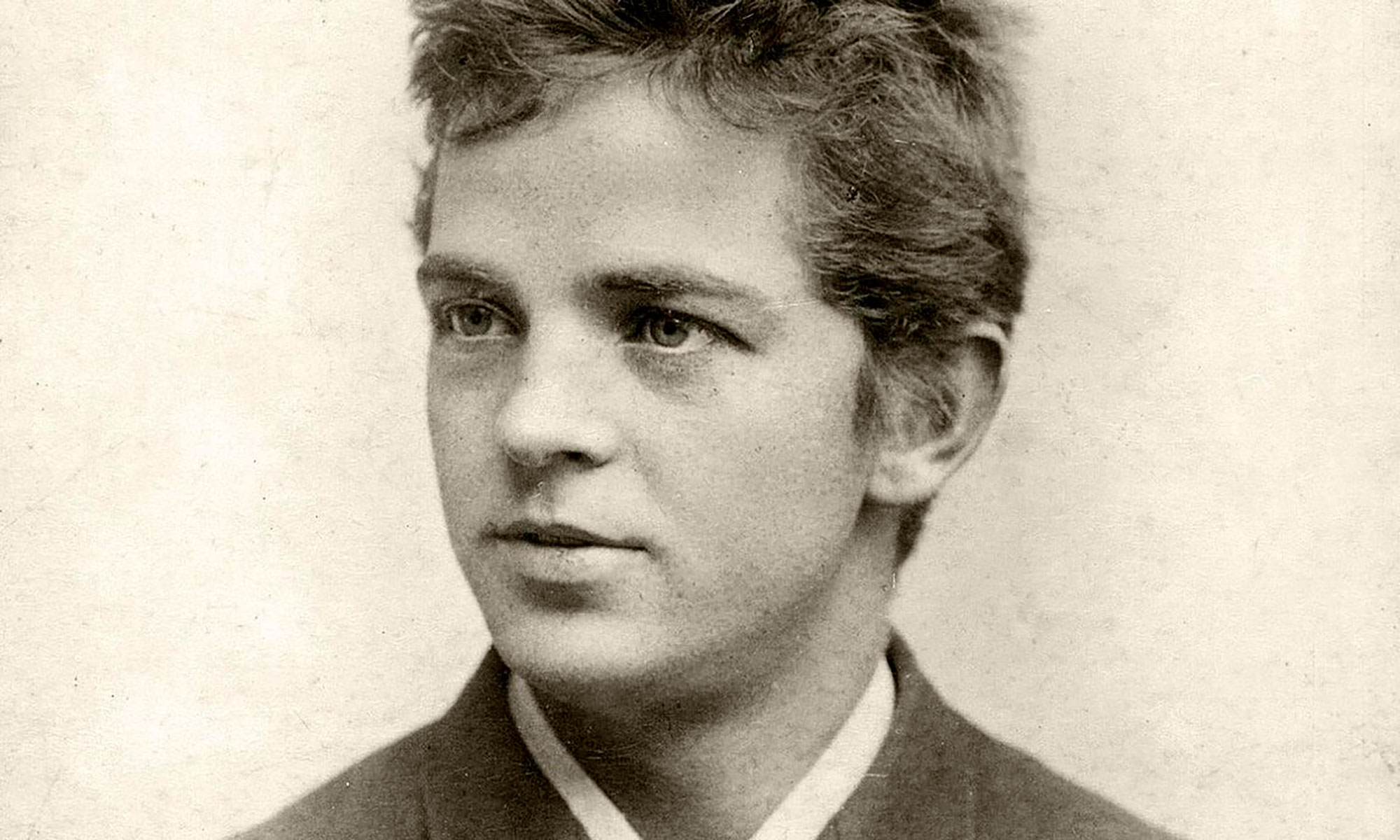
Carl Nielsen – Biography and Life
Carl Nielsen, the renowned Danish composer, left an indelible mark on the world of classical music with his innovative compositions and distinctive style. Here are[…]

Carl Philipp Emanuel Bach – Biography and Life
Carl Philipp Emanuel Bach, renowned as one of the most influential composers of the Classical era, was born on March 8, 1714, in Weimar, Germany.[…]
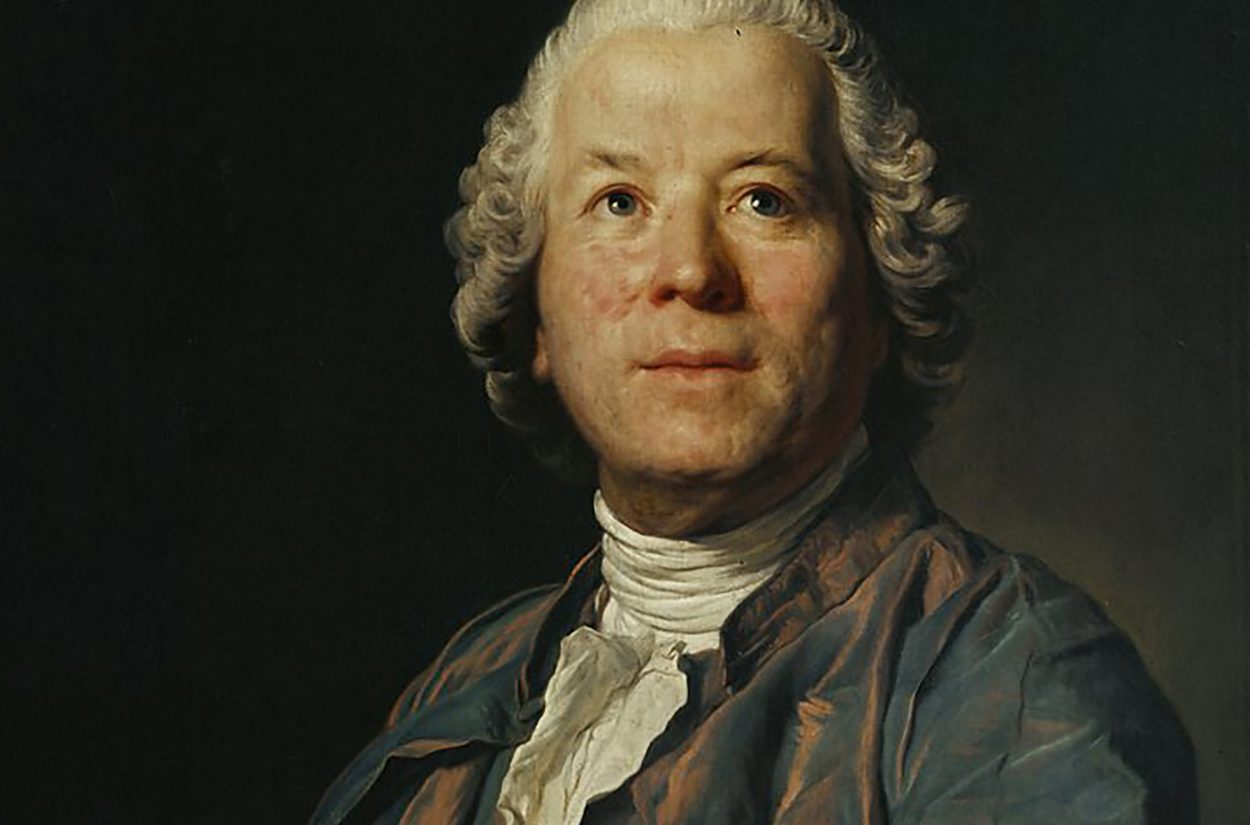
10 Fascinating Facts about Christoph Willibald Gluck
Christoph Willibald Gluck, a towering figure in the history of classical music, was born on July 2, 1714, in Erasbach, Upper Palatinate, Bavaria. His life[…]
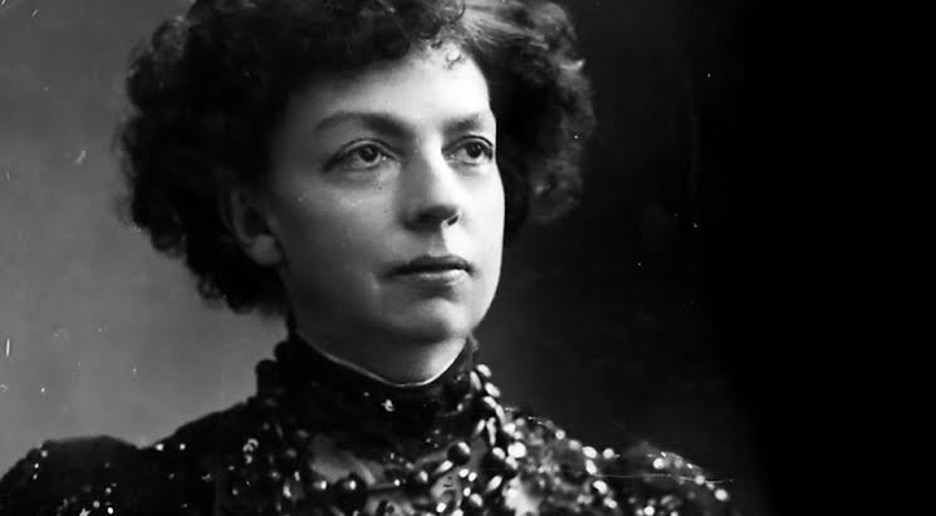
10 Fascinating Facts about Cécile Chaminade
Cécile Chaminade was a pioneering composer whose talent and determination defied the norms of her time. Born in Paris in 1857, she made a significant[…]
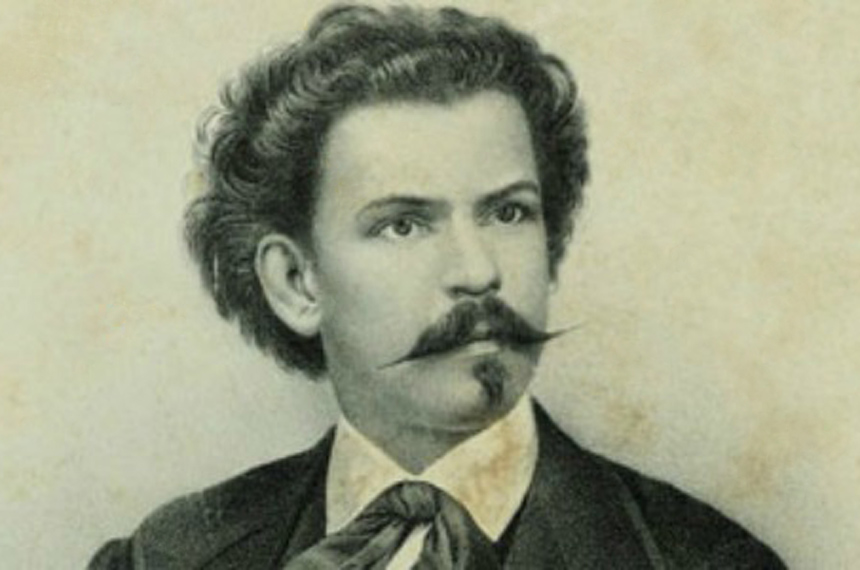
Carlos Gomes – Biography and Life
Carlos Gomes, born Antônio Carlos Gomes, was a Brazilian composer whose melodies continue to resonate through the annals of classical music history. Born on July[…]
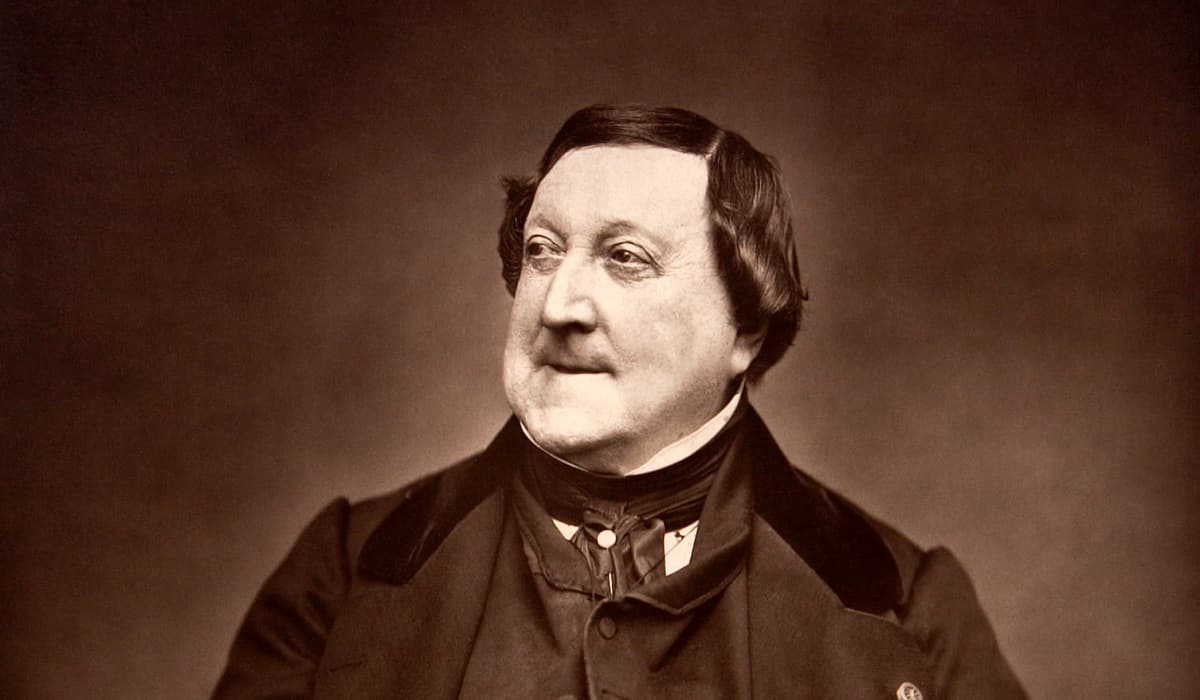
Gioachino Rossini – Biography and Life
Gioachino Rossini, born on February 29, 1792, in Pesaro, Italy, is celebrated as one of the most influential and prolific composers of the 19th century.[…]
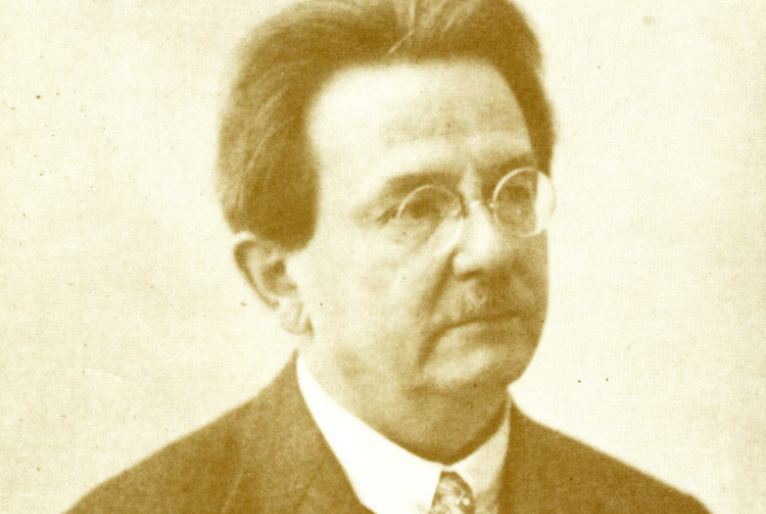
Franz Schmidt – Biography and Life
Franz Schmidt, an Austrian composer, organist, pianist, and cellist, was born on December 22, 1874, in Pressburg, Austria-Hungary (now Bratislava, Slovakia). He emerged as a[…]

10 Fascinating Facts about Amy Marcy Beach
Amy Marcy Beach was a prominent American composer and pianist, recognized for her contributions to classical music in the late 19th and early 20th centuries.[…]